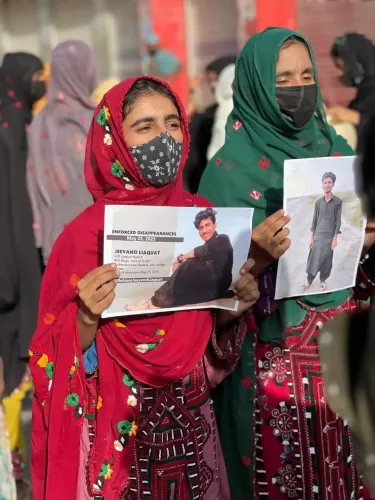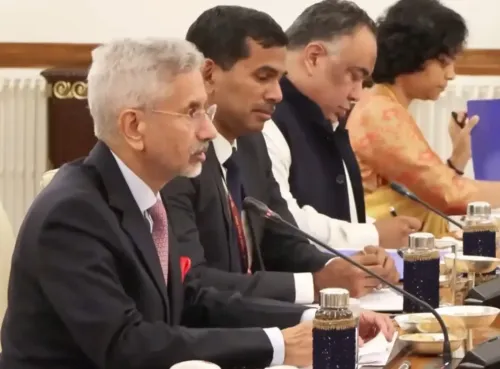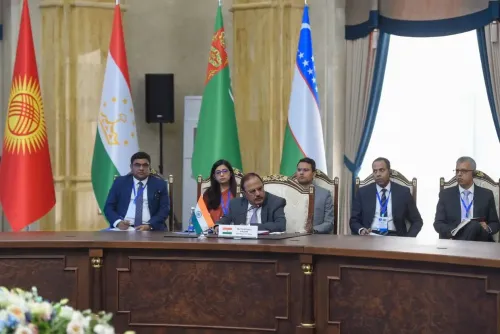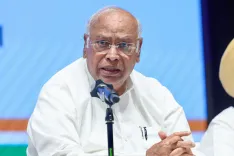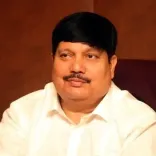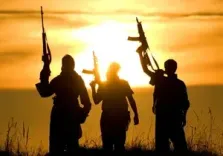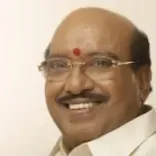Is the US-India Partnership the Defining Relationship of the 21st Century?
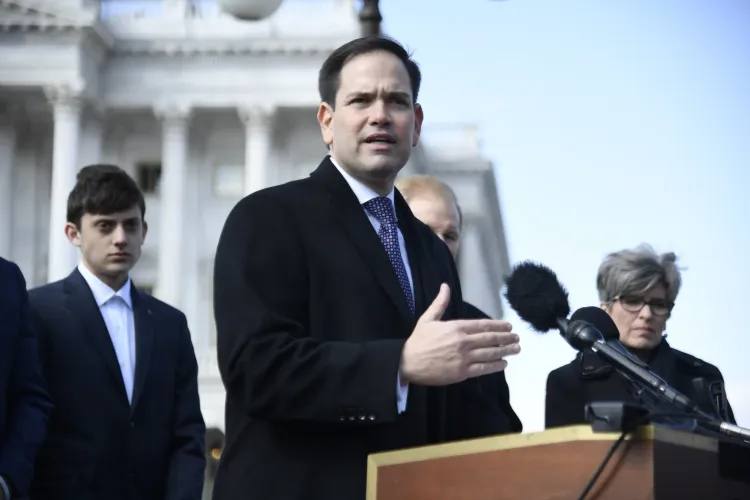
Synopsis
Key Takeaways
- The US-India partnership is recognized as a key aspect of 21st-century geopolitics.
- Prime Minister Modi's recent interactions with world leaders underscore India's strategic importance.
- Trade tensions with the US could impact future collaborations.
- India's energy purchases from Russia play a crucial role in global market stability.
- Upcoming summits may further define the trajectory of India’s foreign relations.
New Delhi/Washington, Sep 1 (NationPress) In the wake of viral videos showing Prime Minister Narendra Modi in a discussion with the Presidents of Russia and China during the SCO Summit in Tianjin, the United States has recognized the India-US relationship as a "defining relationship of the 21st century". This sentiment was echoed by US Secretary of State Marco Rubio, who stated that the collaboration between the two nations is continually achieving new milestones.
According to a post on X, Rubio emphasized, "The partnership between the United States and India continues to reach new heights — a defining relationship of the 21st century. This month, we're spotlighting the people, progress, and possibilities driving us forward. From innovation and entrepreneurship to defense and bilateral ties, it’s the enduring friendship between our two peoples that fuels this journey."
The timing of Rubio's statement caught the attention of analysts, especially as PM Modi's friendly interactions with Vladimir Putin and Xi Jinping were prominently featured in international media right before the SCO Summit began on Monday morning.
After the summit, PM Modi engaged in significant talks with President Putin before heading back to New Delhi.
This dialogue occurred against the backdrop of US President Donald Trump implementing a 50% tariff on Indian goods, citing unfair trade practices and India's refusal to cease importing Russian crude oil.
Nevertheless, experts argue that India's purchase of Russian energy is a stabilizing force in global markets, helping control inflation and mitigate potential crises.
Russia, as the world’s second-largest crude oil producer, contributes around 9.5 million barrels per day, accounting for nearly 10% of global demand. It also exports approximately 4.5 million barrels per day of crude and 2.3 million barrels per day of refined products.
India's actions are viewed as a financial lifeline for global citizens by ensuring the flow of oil, stability in prices, and balanced markets.
While Trump has yet to confirm his visit to India for the upcoming Quad Summit, Putin is set to visit India in December for the annual bilateral summit.

